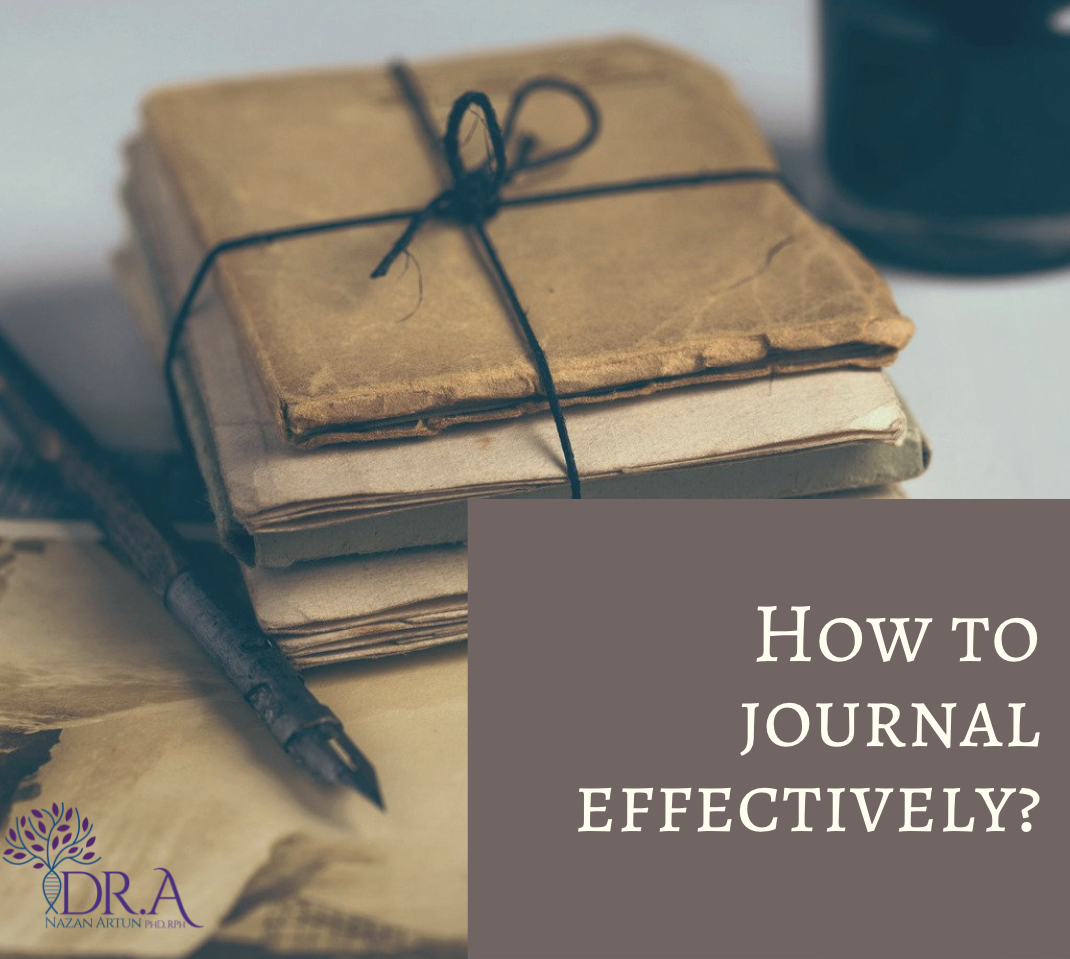|
It has been more than two years since I visited my home in Turkey. After arriving home, I began to check every object and look at pictures to reconnect with memories. That's when I found my old journals and kept reading them all. In her book Insight, Tasha Eurich lists keeping a journal as one of the biggest myths or follies that we all assume to use for introspection - the ability to consciously examine our thoughts, feelings, motives, and behaviors. Interestingly, her study results, which are aligned with many others, showed that not all introspection efforts, including journaling, help us become more self-aware - knowing ourselves. That's where I found myself with my efforts as I turned the pages. I struggled with reading the early years of my journaling since I was initially using my notebook as a safe place to vent. Thankfully, the more I read through pages, the more I could see the improvement in my mindset. My journals evolved from being a place to calm down in order to see things objectively and transitioned to ask myself questions on how to improve. How can I change my habits of falling into the same cycles? What are my triggers, what other practices can I learn and apply, etc.?
Serendipitously, I found myself reading my old journals concurrently with the chapter in "Insight" that focused on journaling's effect on our self-awareness. This brought the question, "Is Journaling one of the most effective ways to get in touch with our inner self?" Journaling is accepted as one of the most beneficial tools for improving mental health and self-development. Still, a growing body of research suggests that introspection via journaling has surprising traps that can suck the insight right from the experience and diminish processing valuable information unexpectedly. In her book, Tasha shares that in some studies, individuals who journal show more self-reflection but less insight, and journalers are more anxious. Yet, many highly self-aware achievers reported keeping journals. Tasha believes that the resolution lies not in questioning whether journaling is the right thing to do but instead discovering how to journal. Another debatable part is if journaling should be a daily activity or not. I have found conflicting scientific data around that. Still, I can tell that I have worked with numerous coaching clients who enjoy journaling, but not doing it daily creates more stress and diminishes the benefits. Thus, I encourage them to enjoy this activity and not focus on the quantity but the quality. When it is done right, journaling is accepted as being beneficial for Mental Health. A simple internet research with the keywords of "Benefits of Journaling" will take you to numerous articles suggesting the health benefits of journaling. Some even claim that writing strengthens our immune system, which we need its protection more than ever nowadays. After reading all the convincing data, the question "How to Journal?" arises. The majority of the resources point out the method of "Expressive writing," the process of self-expression through writing. We explore both our emotions and thoughts, which will help us find meaning in traumatic and stressful events. Venting emotions alone in a notebook without exploration or pondering won't be sufficient. In fact, initial writing about trauma may trigger distress and physical and emotional arousal, researchers have found. According to a study, writers focusing on thoughts and emotions developed a greater awareness of the positive benefits of the stressful event than the other group focusing on emotions alone. Writers focusing on emotions alone reported more severe illness symptoms during the study than those in others. This effect appeared to be mediated by a greater focus on negative emotional expression during writing. Many studies continue to explore the benefits of journaling in human health, and even some researchers are offering it as a stress relief method at work. To summarize, journaling may give you the power to look into solutions after processing the thoughts and feelings related to the events. Instead of diving into self-absorption, you may distance yourself from the events to better understand others' perspectives, possibilities, and actions to take. The Center for Journaling Therapy ‘s WRITE acronym may provide a better clarity about the steps to effective journaling. W hat topic? R eview/reflect I nvestigate T ime yourself E xit smart
0 Comments
Leave a Reply. |
ARTICLES
|


 RSS Feed
RSS Feed